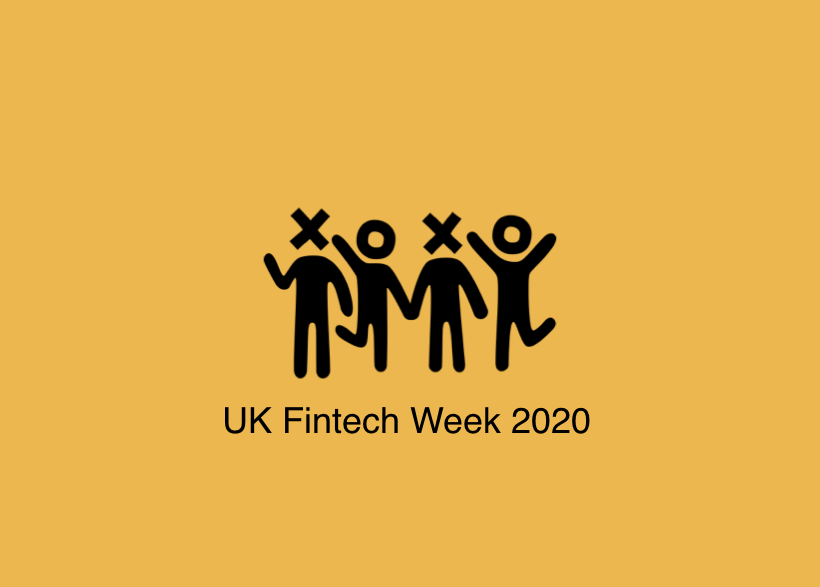London is a city like no other. Its attitude towards positive change through open collaboration heavily contributes to its status as a global hub for finance and technology.
Today, the fourth industrial revolution is forcing the rapid evolution of technology impacting many industries on a global scale.
That’s why London Tech Week’s five-day event functions as a celebration, an opportunity to teach others and as a call to unite tech and talent (rain or shine).
Here are our three key takeaways from the five-day extravaganza
Stricter regulation is needed around technology platforms using sensitive data
Although regulation will never be considered the most exciting of topics, it is the driving force behind innovation and change here in the UK.
International governments and industry pioneers look to the UK for guidance on how to implement similar strategies such as the FCA sandbox initiative, GDPR standards and safety laws around online activity, all with the intent to encourage new ideas in a safe environment for the end user.
AI-based, machine learning, and blockchain applications all use a wide set of data to undertake a variety of tasks (face recognition, the ability to forecast cash flow, the rise of chatbots, and the ability to initiate business loans). It is important for companies to understand what the implications could be if they were to handle their data incorrectly or use it unethically (The Cambridge Analytica scandal is a prime example of data used unethically right here in the UK, and a lesson on how not to deal with the aftermath).
As technology companies continue to operate internationally, there needs to be a regulatory framework for the type of practices deemed acceptable and unacceptable on a global scale. However, this is easier said than done.
China still remains the future for tech innovation
Technologies are becoming faster and cheaper so that every country can afford to innovate at exponential rates. However, in particular, the Chinese government has made the country a ripe place for local startups to thrive by establishing an affront to all US-based technology firms set on dominating their lucrative market.
China continues to charge forward creating products and services that are set to change the world using a variety of technologies, and this is despite the hit to their “Made in China 2025” plan due to their ongoing trade dispute with the US.
Over the past few years, China has been leading the way in e-commerce and mobile payments, its industry is now bigger than America’s and the country have created a unicorn company every 3.8 days in 2018.
China has been on the tech world’s radar for the past several years, and they continue to be a market to watch over the next twelve months.
We need better education on financial crime prevention
It’s now very easy to become a victim of fraud. Hackers are becoming increasingly sophisticated.
How we protect ourselves is now a mainstream issue.
This isn’t just on an individual scale, these attacks can happen to global conglomerates and ruin millions of people financially.
Of course, this is yet to happen on such a grand scale, but what has become very clear throughout tech week is that financial crime prevention-education is necessary and on everyone’s minds.
And, three bonus takeaways:
- In what was an interesting discussion on day two at Cog X, it was suggested that the culture here in the UK made it difficult for business owners to think big, and therefore miss out on bigger funding opportunities compared to their counterparts in the Emirates and US where investment records are broken regularly.
- As always, partnerships continue to thrive, made evident by the number of announcements made between AI-focused fintechs and big banks. Traditional players are slowly understanding that they can either be a part of the future of banking or lose out.
- The government wants to show us all that they really do care about the growing UK tech scene, and there is no reason not to believe them. There are now many trips organised by the Department of International Trade (DIT) where they facilitate partnership opportunities for fintechs around the world. Furthermore, they have created specialised initiatives such as the Fintech Bridge between the UK and countries such as Australia (which Fractal are a part of) and Hong Kong to further encourage tech and fintech innovation internationally.

.png)

-3.jpg)


